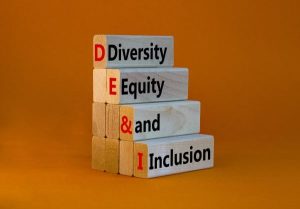As technology continues to advance at a rapid pace, the future of education is being shaped by artificial intelligence (AI). Proponents of AI in education argue that it can revolutionize the way we teach and learn, making education more personalized, efficient, and effective. However, there are those who are calling B.S. on the AI education future, questioning whether AI can truly deliver on its promises.
One of the main concerns with AI in education is the issue of bias. AI algorithms are only as good as the data they are trained on, and if that data is biased, the AI system will produce biased results. This is especially concerning in education, where biases can have a significant impact on students’ learning outcomes. For example, if an AI system is trained on data that disproportionately represents one demographic group over another, it may inadvertently disadvantage students from underrepresented groups.
Another concern is the potential for AI to perpetuate inequality in education. While AI has the potential to personalize learning and provide more individualized support for students, there is a risk that this technology will only benefit those who already have access to high-quality education resources. If AI is not implemented equitably, it could further widen the achievement gap between students from different socioeconomic backgrounds.
Furthermore, there are questions about the role of human teachers in an AI-driven education system. While AI can assist teachers by automating routine tasks and providing data-driven insights, it cannot replace the human touch and emotional intelligence that teachers bring to the classroom. Education is about more than just acquiring knowledge – it is also about social and emotional development, critical thinking, and creativity, all of which are difficult for AI to replicate.
Finally, there are concerns about the ethics and privacy implications of using AI in education. AI systems often rely on vast amounts of data, which raises questions about who owns that data and how it is being used. There is also the risk of data breaches and misuse of personal information, which could have serious consequences for students and their families.
In conclusion, while AI has the potential to transform education in many positive ways, there are valid reasons to be skeptical about the AI education future. It is crucial that we approach the integration of AI in education with caution, considering the potential risks and implications for students and society as a whole. Instead of blindly embracing AI as a panacea for all educational challenges, we must critically examine its impact and ensure that it is implemented in a way that is ethical, equitable, and effective. Calling B.S. on the AI education future is not about rejecting technology, but about approaching it with a healthy dose of skepticism and a commitment to ensuring that it serves the best interests of all students.



